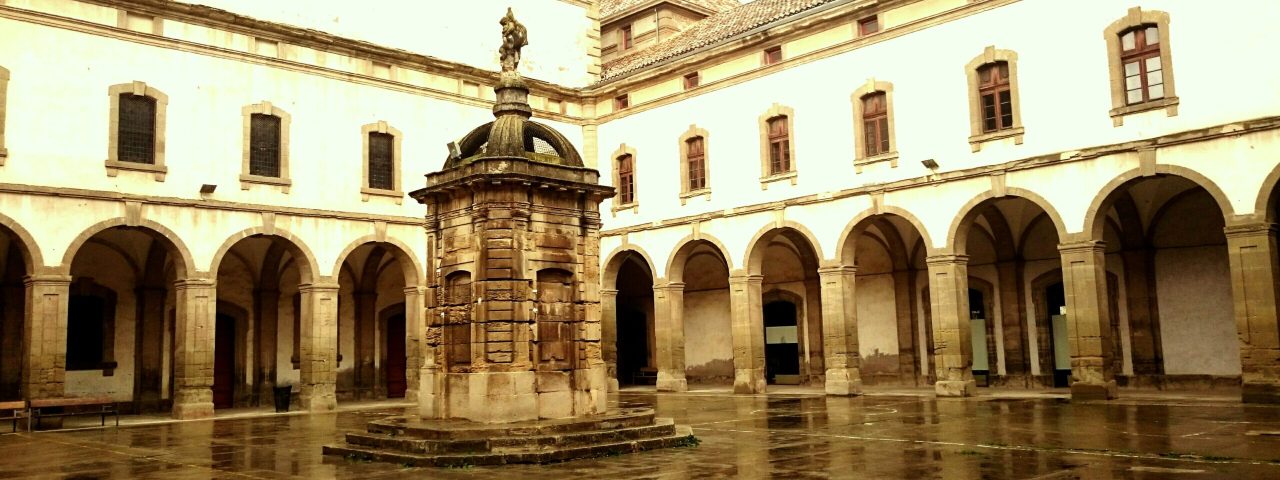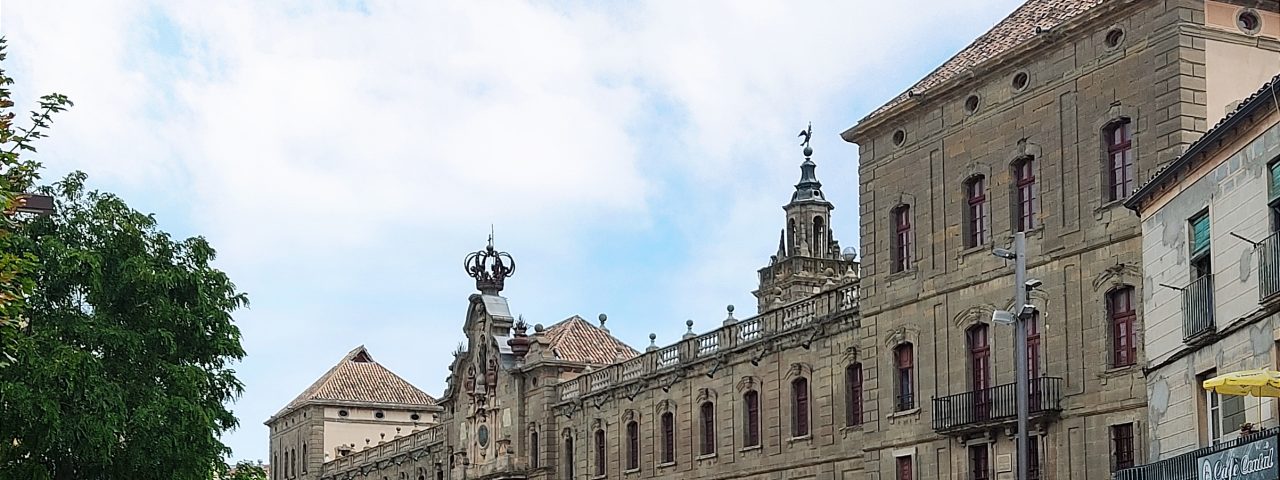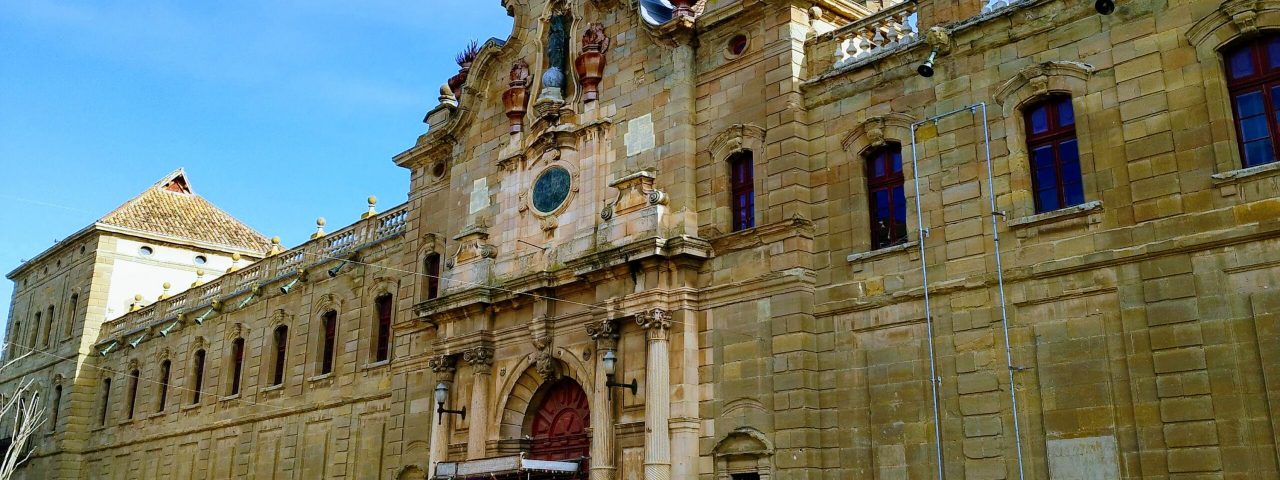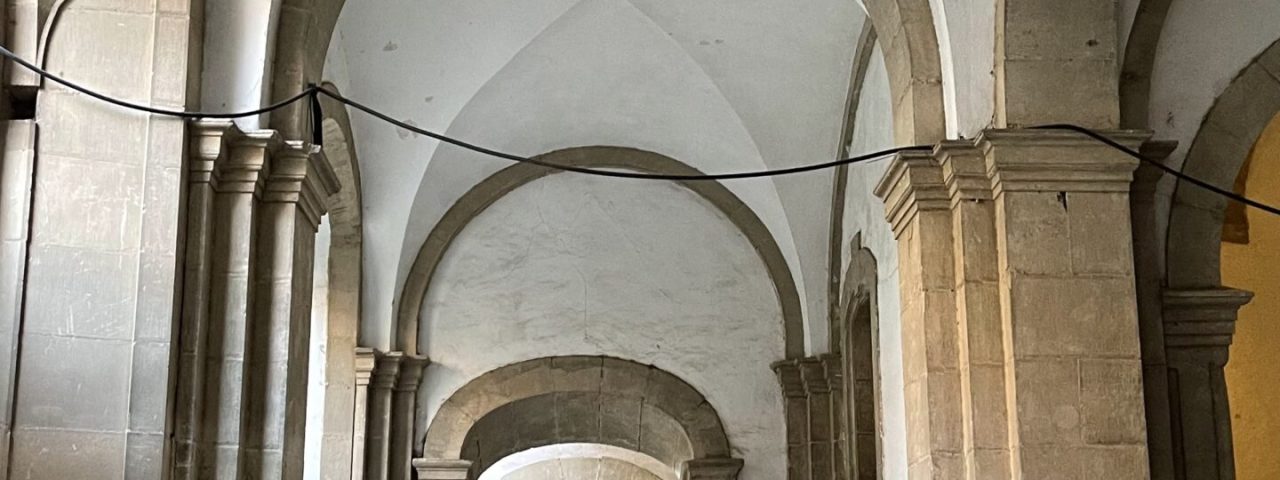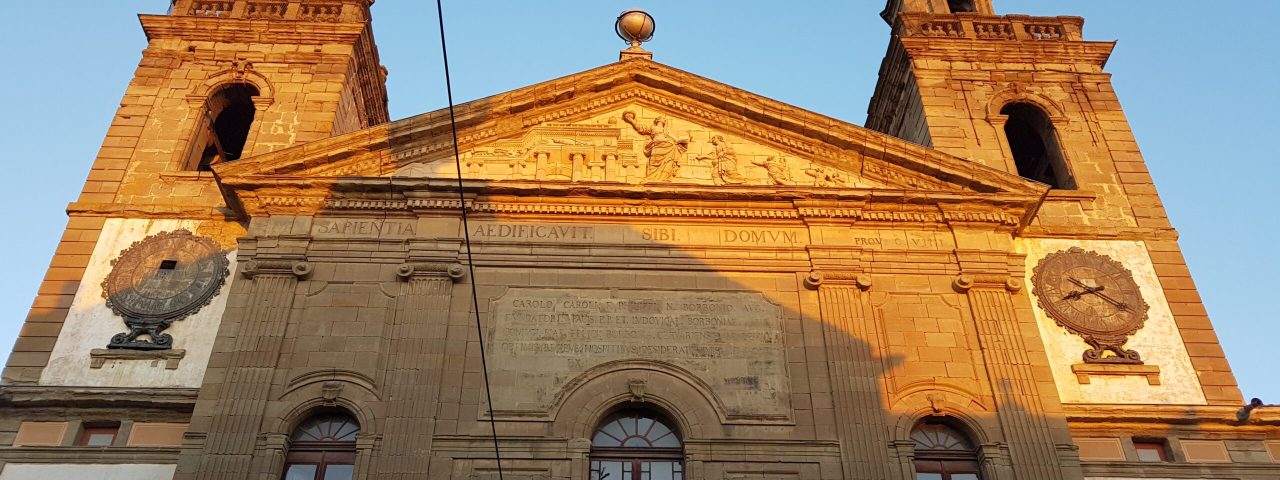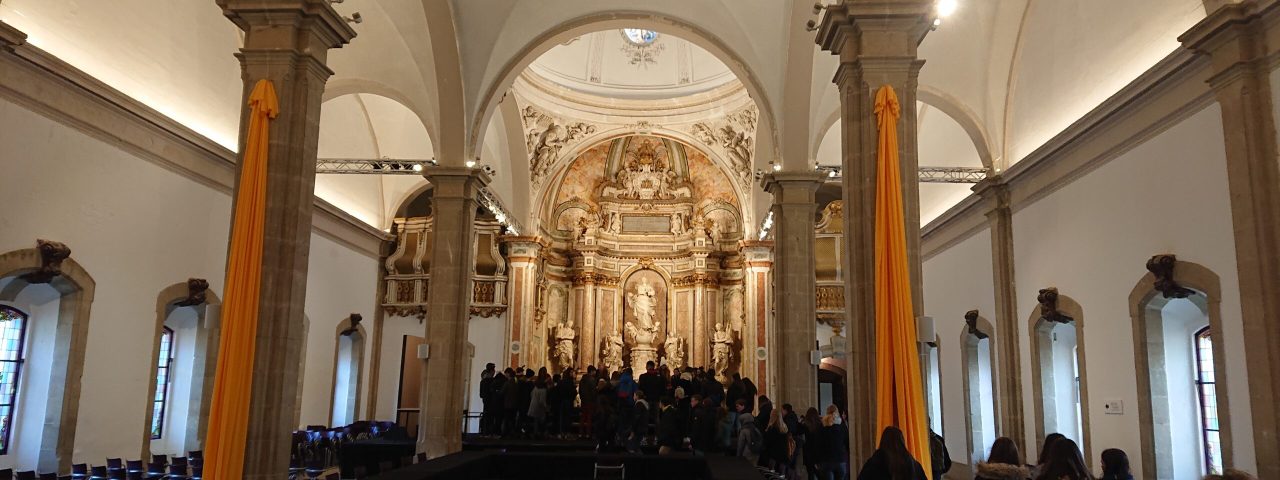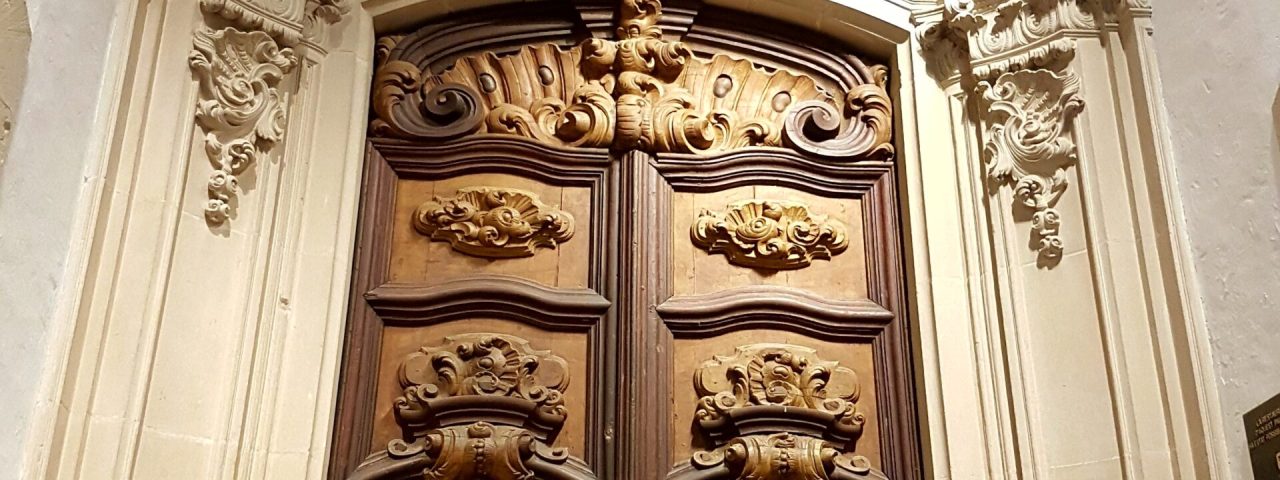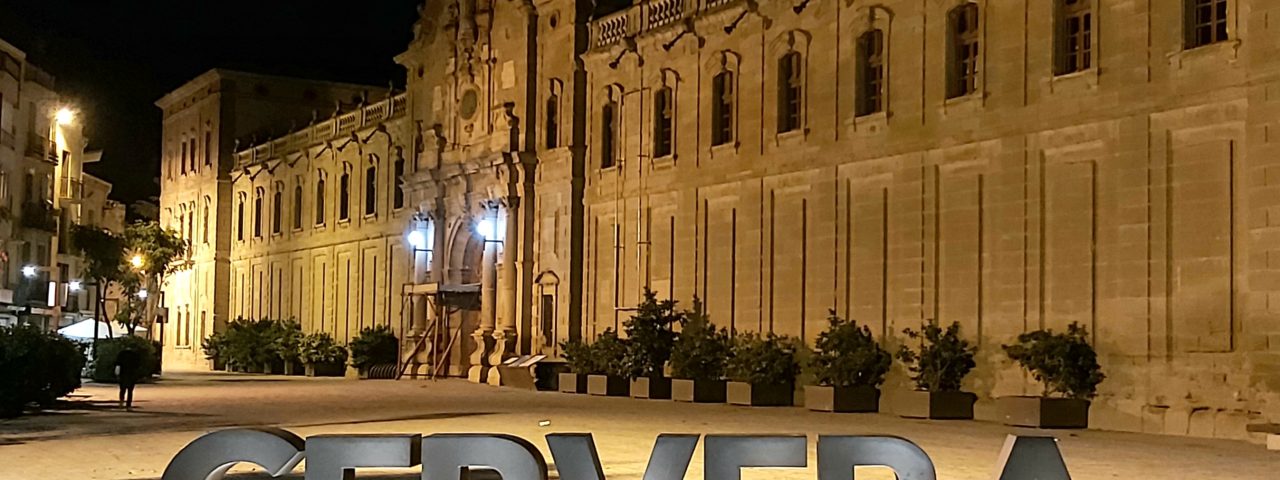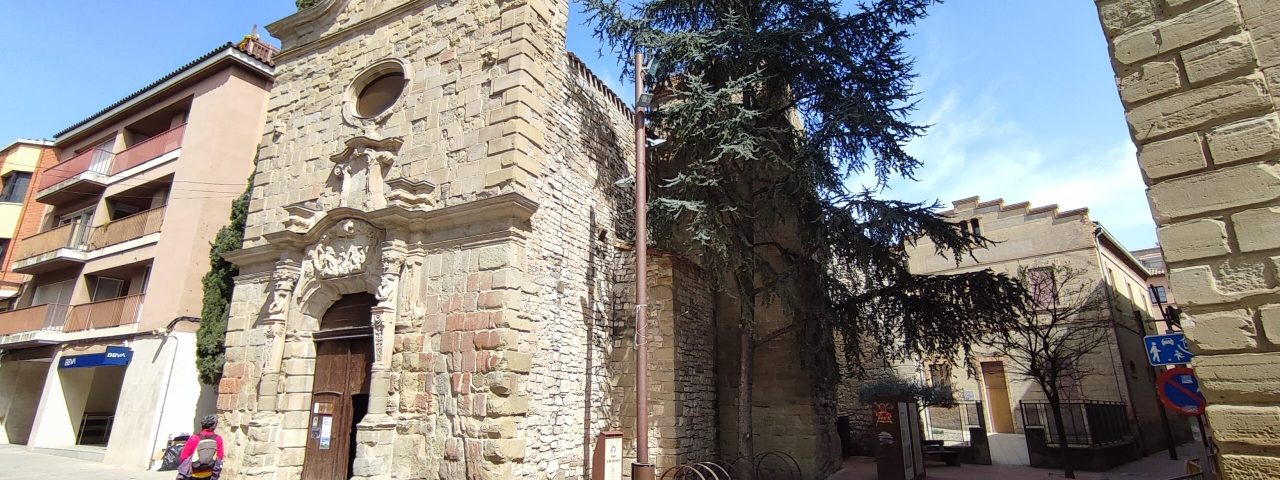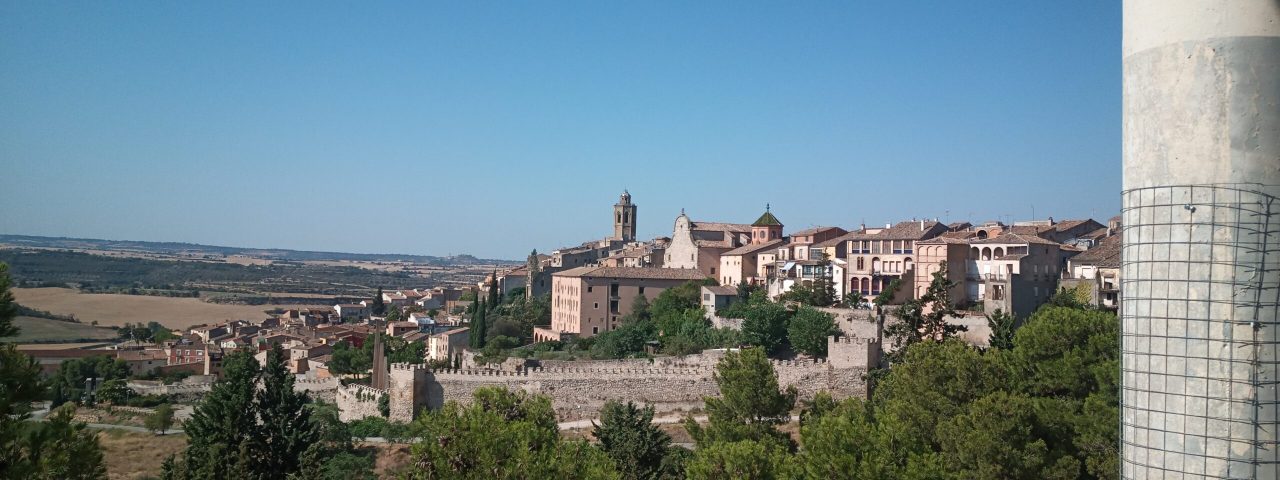Cervera’s history is deeply rooted in Catalonia’s medieval past. It was first mentioned in documents from the 11th century, and by the 12th century, it had become an important settlement during the Christian reconquest of the Iberian Peninsula. One of the city’s most significant historical events was its role during the War of the Spanish Succession in the early 18th century. After the war, Philip V rewarded Cervera’s loyalty by establishing the University of Cervera in 1717, which became one of the most important academic institutions in Catalonia during that period.
Cultural life in Cervera is vibrant, with a strong emphasis on preserving local traditions. The city is famous for its annual Aquelarre Festival, a spectacular event held every summer that celebrates the city’s folklore, featuring parades, theatrical performances, and fireworks. The Patum of Berga, a UNESCO-recognized traditional festival, also has strong cultural ties with the region, blending pagan and Christian elements in a colorful, energetic celebration.
Visitors to Cervera can enjoy the strong sense of community and local pride, which manifests through the town’s lively markets, traditional Catalan music, and frequent cultural events that showcase the region’s heritage.
